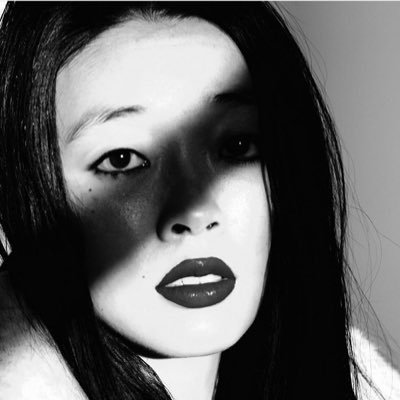
Anxious satisfaction is the modern condition that drives us to scroll endlessly through news sites in search of answers at all angles. No novel I’ve read has quite grasped this feeling than Tracy O’Neill’s sophomore novel Quotients. By its nature, it is a novel of secrets that both tick away like concealed bombs and tickle the part of the brain stimulated by the drive to reveal them. Smart and deep, an easy elevator pitch would be to imagine a family drama written by Edward Snowden. In the hands of a writer like O’Neill, we get something more ambitious: the first great novel of the post-Wikileaks era.
At its broadest, Quotients tells the story of Jeremy Jordan and Alexandra Chen, a young couple trying, and failing, to extradite themselves from the underbelly of foreign contractors, government intelligence, and espionage operations they both come from in order to settle into nuclear family life. Of course, you can’t unknow things, and as the book accounts, willful ignorance isn’t a cocoon, it’s a charade. So is any idea of normalcy. Along with uncanny fringe figures that destabilize Jeremy and Alexandra’s serenity, the novel includes characters who are just trying to get by in a system that works against them. O’Neill deftly networks her plot through kinetic and axiomatic prose that detonates on the page.
O’Neill’s first novel, The Hopeful, about a figure skating prodigy’s attempt to qualify for the Winter Olympics, was long-listed for the Flaherty-Dunnan First Novel Prize and selected as one of Electric Literature’s Best Novels of 2015. She is the an honoree of the National Book Foundation’s 5 Under 35 and her byline can be found in distinguished publications such as the New Yorker and Granta.
I was due to meet O’Neill, whose dramatic chiaroscuro author photo compliments the atmosphere of her novel, over coffee for an in-person interview. In light of the coronavirus quarantine, our exchange took place over email. Asides such as Tiger King references and observations of airplanes passing overhead have been left out.
—Michael Barron
THE BELIEVER: Part of the pleasure of reading Quotients is seeing a narrative gestalt form from its many ticking parts. When you first started working on it, did you have in mind a system or an epic or did it grow from a few seeds?
TRACY O’NEILL: At the risk of chicken-egging, both really. You could say that I was beginning with a form, a maxim, a mechanism. I was thinking about how often it is precisely our endeavors to keep safe that make us unsafe, how often our drive to...
You have reached your article limit
Sign up for a digital subscription and continue reading all new issues, plus our entire archives, for just $1.50/month.
Already a subscriber? Sign in




